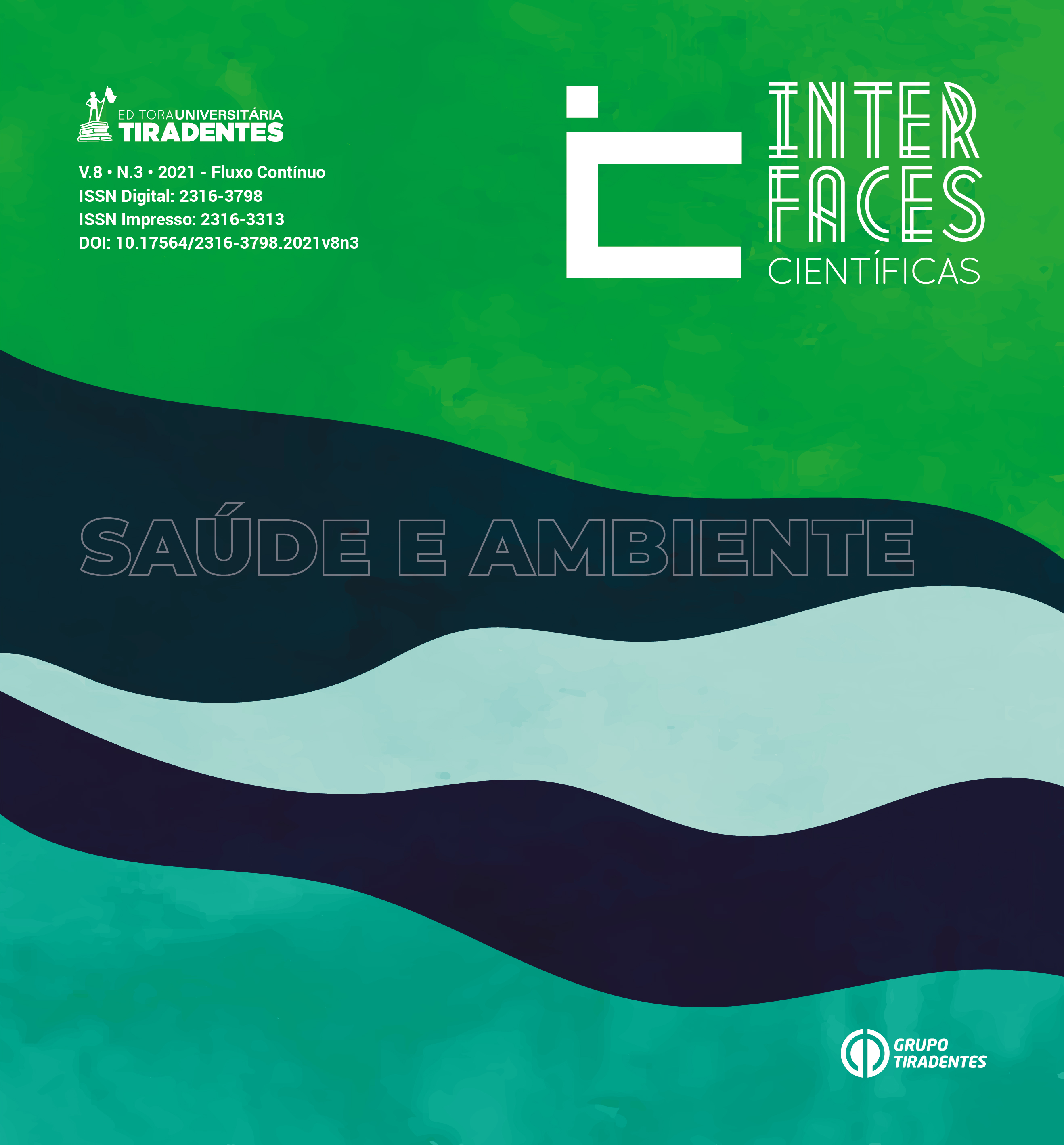Inspection of Microbiological Parameters of Cistern Water in Public Schools in Pocinhos-PB
DOI:
https://doi.org/10.17564/2316-3798.2021v8n3p336-347Published
Downloads
Downloads
Issue
Section
License
Autores que publicam nesta revista concordam com os seguintes termos:
a. Autores mantêm os direitos autorais e concedem à revista o direito de primeira publicação, com o trabalho simultaneamente licenciado sob a Licença Creative Commons Attribution que permite o compartilhamento do trabalho com reconhecimento da autoria e publicação inicial nesta revista.
b. Autores têm permissão e são estimulados a distribuir seu trabalho on-line (ex.: em repositórios institucionais ou na sua página pessoal), já que isso pode gerar aumento o impacto e a citação do trabalho publicado (Veja O Efeito do Acesso Livre).
Abstract
This work aimed to inspect the microbiological parameters of cistern water in public schools in Pocinhos-PB. The water samples destined for microbiological analyzes were collected directly from the cisterns in glass bottles (500 ml) with wide mouth, protected with laminated paper, previously sterilized in an autoclave at 121 oC, for 30 minutes, and were sent to the Laboratory of the Professional Training Center of the Albano Franco Institute of Leather and Footwear Technology (CTCC) in Campina Grande / PB. The parameters analyzed and the methods of analysis were: total coliforms, thermotolerant coliforms, Escherichia coli and heterotrophic bacteria. For ethical reasons, the names of these schools were kept confidential, and the samples collected in them were identified as samples 1, 2, 3, 4 and 5. It was observed that, among the samples analyzed, three of them (1, 4 and 5) had a total amount of coliforms, totally outside the limits established by the current ordinance. All samples showed thermotolerant coliforms. There was no evidence of the presence of heterotrophic bacteria. The presence of E. coli bacteria, considered indicative of faecal contamination, was evidenced in only two samples. It is concluded that all samples are in disagreement with the recommendations stipulated by the Ministry of Health Ordinance No. 5, of September 28, 2017, as they presented total coliforms, thermotolerant coliforms and / or E. coli, therefore requiring treatment prior to being supplied for human consumption.




















